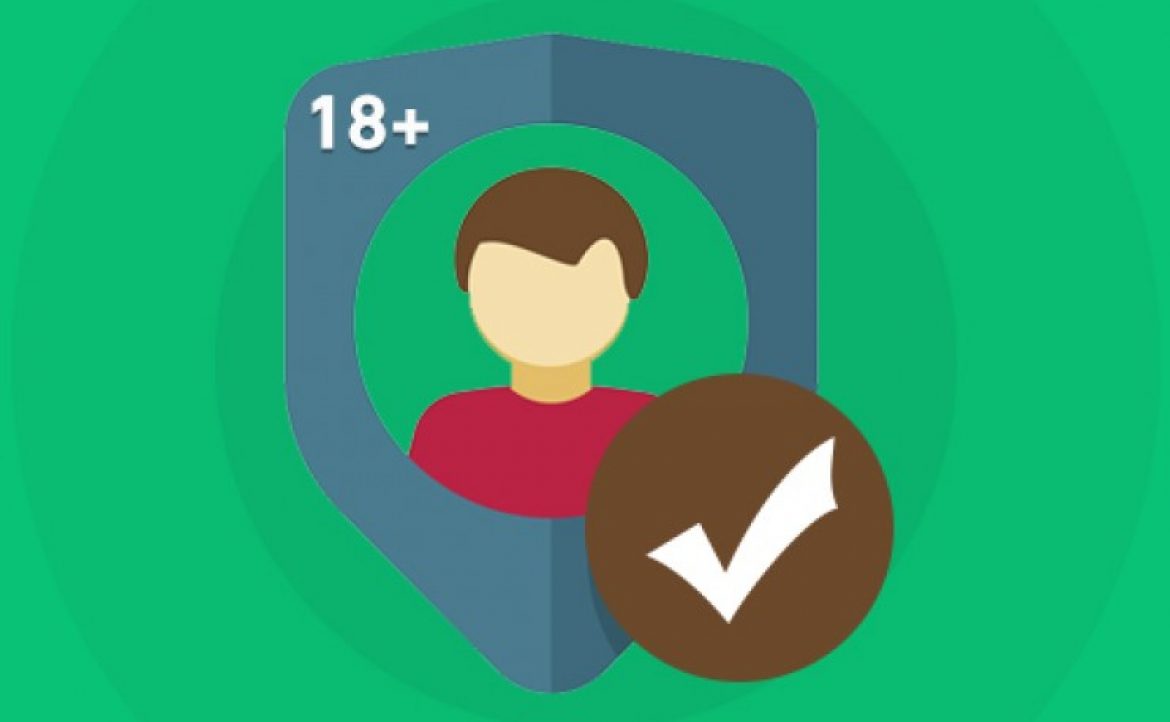
Age Verification Regulations – Protecting Minors from the Perils of Digital World
Due to the coronavirus pandemic, everybody is shifting to contactless means of transactions. This not only brings several opportunities for businesses but also opens gates for millions of challenges. We arguably live in a virtual world where accessing digital spaces like gaming platforms is no longer a problem for the young ones. According to a report from Javelin Research Group, more than a million minors were victims of online fraud in 2017. This resulted in a loss of $2.6 billion out of which, $540 million were paid by families. Child identity theft and various other frauds are increasing every day. So, businesses have to make sure they are not dealing with minors who have dodged the traditional age verification barriers. Ultimately, online age verification becomes the need of the hour. Let’s take a look at what the global regulations say about age verification.
What is Online Age Verification?
Age verification is a system that allows businesses to verify the age of the customers in real-time and prevent minors from being onboarded. Online businesses are obligated to ensure that kids are not accessing any adult-oriented content. Hence, an online age verification solution is what they employ.
Digital vs Manual Age Verification
Regulatory authorities have set age limits for businesses. Tobacco, alcohol, gaming, gambling, and certain e-commerce stores have to verify the age of every customer. For offline stores, it is a little convenient because they can physically interact with the consumer and obtain a government-issued ID document.
However, in the digital world, online sellers face more challenges. Minors can easily enter a false date of birth to dodge the checks. This is where online age verification steps in. Age verification online requires a government-issued ID document from the end-user. The document is verified and then, face verification checks are employed that help in ensuring the live presence of the user. In case a minor is using their parents’ documents for authentication, facial recognition checks can identify that in no time.
Age Verification Laws Across the World
Apart from the global regulatory framework, different countries have structured policies to ensure that adult-oriented content is not sold to minors. Let’s discuss some of the major regions of the world and how they are protecting minors.
United Kingdom
The age verification law in the United Kingdom streamlined after the Digital Economy Bill was passed. The law aims at restricting minors from AO-content followed by the Byron Review that restricts service providers on a commercial level.
Europe
The European Union (EU) has issued GDPR and the law is applicable to every citizen or business within the region. The regulation comprises guidelines for the data that businesses can acquire from customers during the onboarding process. According to Article 8 of GDPR, age consent must be set between 13 and 16 by the member countries.
United States
The United States follows COPPA (Children’s Online Privacy Protection Act) to protect minors in the virtual space. This law is not only limited to the display of warnings on the website but also guides the businesses to perform certain age verification checks.
Australia
In Australia, the ACMA (Australian Communications and Media Authority) was published in 2008 to restrict access to adult-oriented content under the MA15+ and R18+ standards. Anything that is aired by the Australian media or hosted on television has to abide by the regulations.
Key Takeaways
In a nutshell, age verification is a regulatory requirement and all online businesses must ensure compliance with the laws. Digital age verification checks allow businesses to verify the age of end-users and protect minors from accessing any adult-oriented content. Be it online gaming, gambling, alcohol, or tobacco sellers, onboarding age-verified customers is important. Online age verification checks for the live presence of the customer whose documents are verified at the beginning of the process. Minors cannot surpass these checks at any cost. Kids in the modern world do not think twice before entering a false date of birth or checking the box that says “I’m above 18.” What businesses can do is verify age through an AI-powered system and protect them from the perils of the virtual world.




